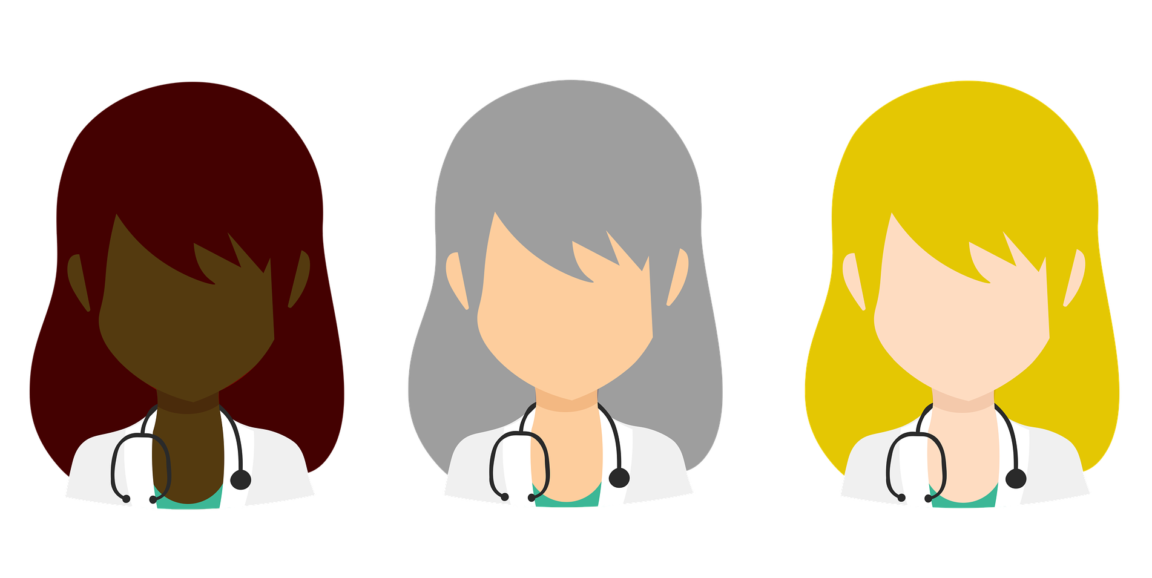Even as medicine becomes increasingly digital, a good physician-patient relationship remains integral, many leaders, including Dean Lloyd Minor, MD, have argued.
Science backs that up, Lauren Howe, PhD, a Stanford psychologist, and Kari Leibowitz, a graduate student in social psychology, write in a recent commentary in The New York Times.
In fact, an empathetic, relatable doctor can actually improve health, they say.
They point to several studies, including one that exposed two groups of participants to an itchy pinprick, which was then treated by a doctor who offered a placebo lotion, saying it could decrease the itch. The difference? One group met a kind, confident health care provider. The other met a caregiver who seemed distracted, distant and unsure.
From the piece:
Our study revealed that the placebo cream reduced participants’ allergic reactions only when the provider projected warmth and competence. When the provider acted colder and less competent, the placebo cream had no effect. It seems that it’s not just what the doctor says about a treatment that matters. It matters how the doctor who says it engages with patients. Doctors who are warmer and more competent are able to set more powerful expectations about medical treatments. Those positive expectations, in turn, have a measurable impact on health.
It doesn't need to be challenging for health care providers to express warmth and accessibility, Howe and Leibowitz write. Making eye contact, smiling, and actively listening don't take much effort or time.
They conclude:
We often think the only parts of medical care that really matter are the 'active' ingredients of medicine: the diagnosis, prognosis and treatment. But focusing only on these ingredients leaves important components of care underappreciated and underutilized. To really help people flourish, health care works better when it includes caring.
Photo by ORCHID_DIOR




